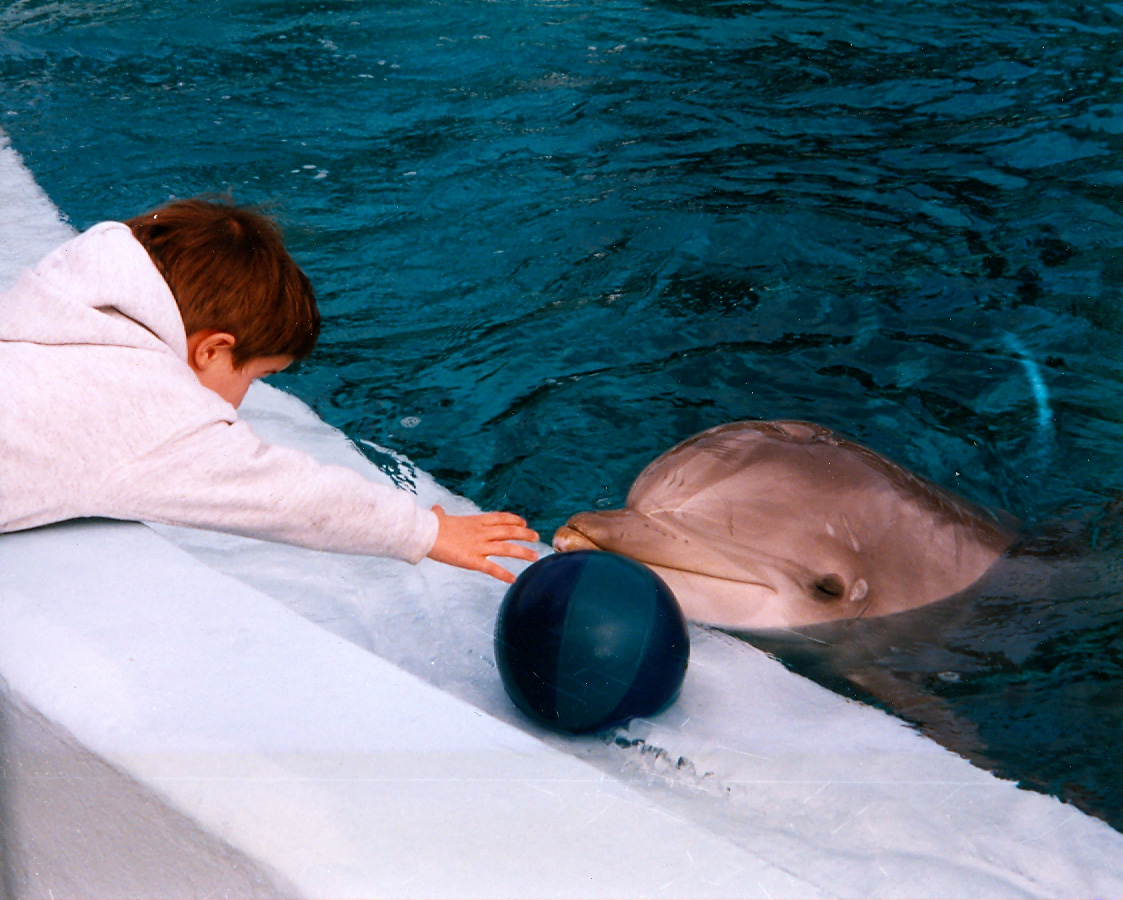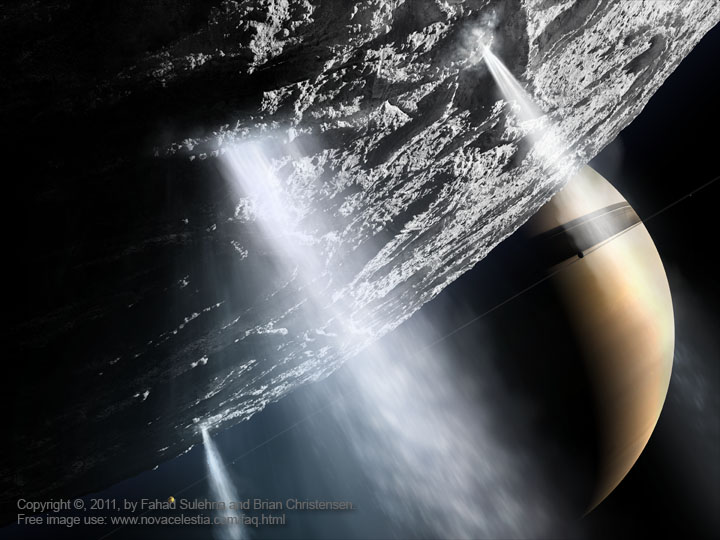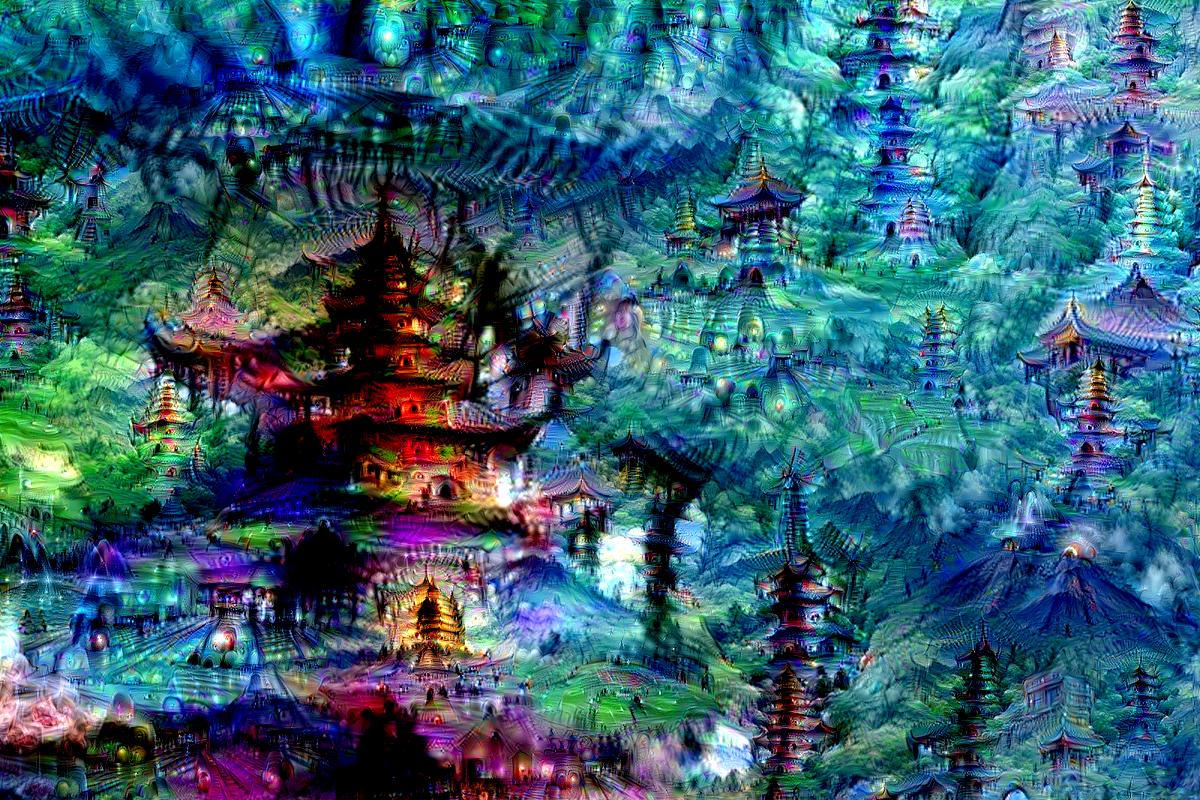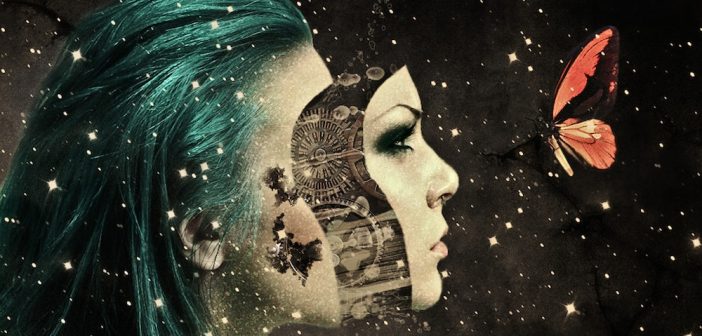(Featured image: “She Cyborg,” © AhMeD-19. Used with permission)
For hundreds of years, scientists and science enthusiasts have considered the possibilities of extraterrestrial life and artificial intelligence. Thanks to modern breakthroughs in space exploration, we may finally know within the foreseeable future whether life exists on other planets. Equally stunning advances in computer science bring the prospect of machines with minds and even consciousness ever closer to reality. Yet for all our searching for intelligence among the stars, or striving to create it in laboratories, we have often neglected to notice the intelligent beings right here on Earth already: non-human animals. Despite the fact that many species are now known to be fully sentient – with minds, emotions, and the capacity to suffer – human society continues to exploit and destroy animals en masse with scarcely a thought to their well-being.

The author as a child, playing with a captive dolphin in an aquarium (photo credit Kim Bartlett – Animal People, Inc.)
Can humans rethink our place in nature and reform the way we treat other animals? And unless we do, is it folly to expect any better of our relationships with other sentient beings we may someday encounter? These are the questions which Animal People’s online exhibit, Beyond Human: Animals, Aliens, & Artificial Intelligence was created to explore.
I first developed Beyond Human as my thesis project, while working toward my Master of Arts in Museology (Museum Studies) and graduate certificate in Astrobiology at the University of Washington. By using striking visuals and interactive activities, I sought to emulate the experience of a real-world museum exhibit as closely as possible, so as to engage visitors on multiple levels beyond the purely intellectual. Simply reading about chickens’ ability to recognize faces, or the Turing Test for artificial intelligence, may be interesting; but by actually matching photos of chickens, or distinguishing between a human and computer in conversation themselves, visitors to Beyond Human are encouraged to empathize with non-human beings and reach a deeper, more personal level of understanding.

Geysers erupting on Enceladus, a moon of Saturn which may harbor life beneath its surface (image © Fahad Sulehria and Brian Christensen, Nova Celestia)
A guiding mantra in developing Beyond Human was that it be “provocative, but not propagandistic.” The exhibit presents what we currently know as to the likelihood of alien life and artificial intelligence, and animals’ capacities for intelligence, consciousness, and suffering. It also explores the reality of how humans have treated our fellow sentient beings, in the past and present. However, rather than impose a moral agenda on visitors, telling them how they ought to think or act going forward, Beyond Human concludes with a series of questions. These range from “Under what circumstances is it acceptable to kill for food?” to “If we receive a radio message from an alien message, who should be allowed to respond?” Based on the information in Beyond Human, plus their own values and beliefs, visitors may share their own responses to such questions, and pose new ones of their own.
Beyond Human: Animals, Aliens, & Artificial Intelligence was launched publicly in May 2015. It was well received by early viewers, and even got a two-part write up on a popular science website, RedOrbit.com. In June 2015 I graduated with my Masters in Museology and graduate certificate in Astrobiology, and shortly thereafter began work as the Executive Director of Animal People.
I recently returned to Beyond Human, updating it to reflect the past year’s worth of scientific advances in animal intelligence, space exploration, and AI research. That in such a short time, enough could change to warrant redesigning major sections of the exhibit, shows just how timely Beyond Human is. The past twelve months have seen the invention of abstract-thinking computer programs; the discovery of self-awareness in manta rays; and the announcement of plans to explore the nearest star system in just forty years. Who can say what will happen in the year ahead, forever changing our views of other creatures, the universe, and our own place within it?
It is imperative that we consider the issues raised by sentient non-human beings; both those we coexist with now, and whom we may encounter in the future. Discover more at Beyond Human: Animals, Aliens, & Artificial Intelligence.
https://animalpeopleforum.org/beyondhuman

The “dream” of an abstract-thinking artificial intelligence, recorded by Google in 2015 (photo credit: Michael Tyka / Google)





